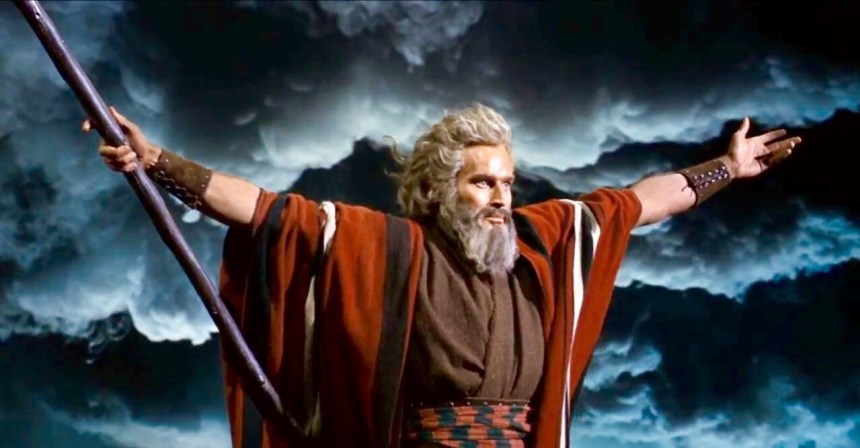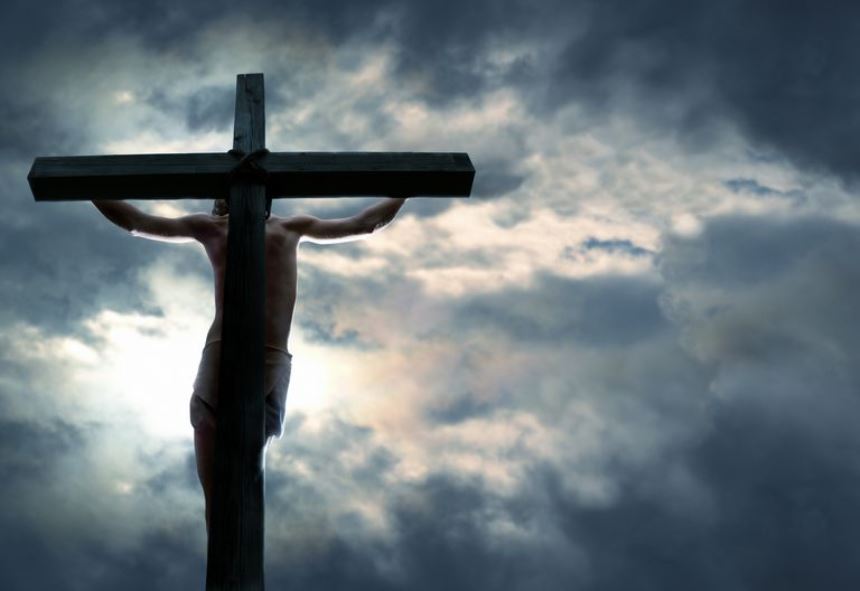Glory Unveiled
I’m late, but I’m back! “Theology On Tap” and “Daughters Of The King” craziness is mostly over now so proper blogging should resume shortly…
2nd Sunday of Lent: 4th March, 2012
 The Readings this Sunday are a source of encouragement to strengthen to us during this Lenten season.
The Readings this Sunday are a source of encouragement to strengthen to us during this Lenten season.
In the First Reading we read the familiar story of the testing of Abraham. This patriarch was asked by God to offer what was most precious to him, his own beloved son. This Reading demonstrates the obedience of Abraham, but it also gives us a picture of the love of God the Father who “so loved the world that he gave his one and only Son” – John 3:16.
The theme of Christ’s sacrifice is picked up by St. Paul in our Second Reading where he asks “[God] did not spare his own Son but handed him over for us all, how will he not also give us everything else along with him?”.
Finally, in this week’s Gospel we read the story of the Transfiguration. Jesus, together with His “inner circle” ascend a mountain where His glory is unveiled. While transfigured, Jesus is visited by the two greatest figures in Old Testament history, Moses and Elijah.
As this Lenten season continues, let us be inspired by Abraham’s love of God, comforted by the love of the Father which made Him give His Son and humbled by the love of the Son that He would come be our redeemer. Let us too become “transfigured”, transformed more and more into the likeness of Christ as we serve Him in the world.



 Last week’s Readings focused on God’s call to us. In turn, this week’s Readings focus upon our response to Him.
Last week’s Readings focused on God’s call to us. In turn, this week’s Readings focus upon our response to Him.
